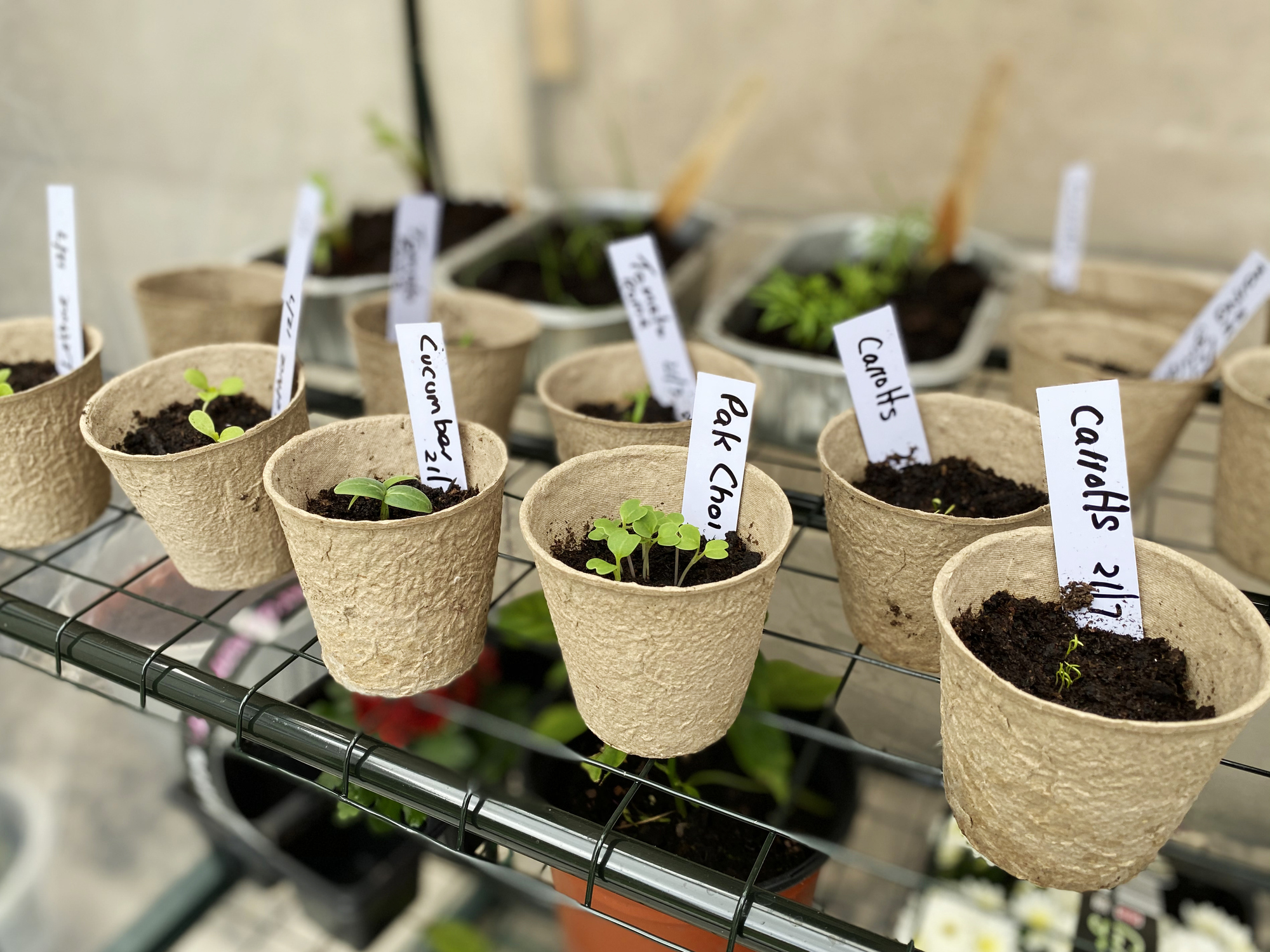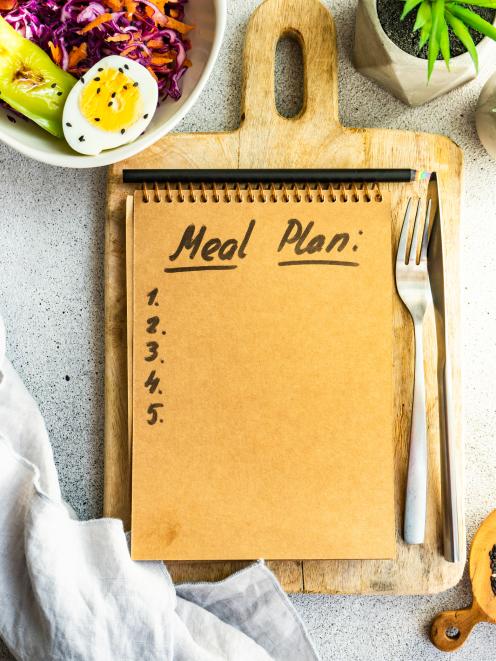

The mornings are getting lighter, buds on the plants are getting bigger and colourful bulbs are appearing. Winter is a time of very slow growth in the vegetable garden, but now is a time to start planting Asian greens, silverbeet, kale, cabbage, broad beans, peas, parsley and spring onions in the South.
Even if you don’t have a vegetable garden, these can be planted in pots or vegetable pods. To really get the best out of your veges, prepare your soil long before you need it using compost and mulch.
Healthy soil full of microbes will grow stronger plants, which are more pest and disease-resistant; this, in turn means you do not need to use harmful sprays on your food. If you do notice an influx of pests on your plants, the homemade pest control recipe is a safe one to use on vegetables.
The winter brought about the usual illnesses, but this year they seemed to linger longer in those impacted. We have over 70% of our immune cells within our gut, and therefore looking after our gut helps us to look after our entire wellbeing. Grains, as well as processed food with additives and emulsifiers, can impact our gut health negatively.
One of the biggest barriers to eating well is a lack of time, and meal planning can help with this. It can also help to reduce the stress associated with mealtimes and increase the likelihood of family meals around the table. Another added benefit is that it decreases household food waste.
Research has shown that individuals who plan their meals are more likely to have a better quality diet and increased variety. Even if you are cooking for one, meal planning can mean you can make enough to last two nights or put some meals in the freezer for lucky-dip lunches for the weeks ahead. Meals that have been home-cooked, using real ingredients, support gut health and immunity.

You might challenge yourself as a family to count the number of foods you have consumed that grew out of the ground each day and mark it on a chart e.g herbs, spices, fruits, veges, nuts, seeds, beans.
If you have shepherd’s pie as a family favourite, add grated carrot, onion, garlic, chopped parsley, mixed herbs and lentils to the mince and then for the topping, mashed cauli, kumara and potato.
If you have experienced persistent infections and have come out of winter feeling absolutely depleted, a personalised naturopathic plan to support you may be worthwhile.
- The advice contained in this column is not intended to be a substitute for direct, personalised advice from a health professional.
Homemade pest control
To get the best out of your garden without the use of chemical sprays, this homemade spray should help.
1 Tbsp natural liquid soap
1 Tbsp cooking oil
1 litre water
Mix together and pour into a clean spray bottle. When spraying on plants with bug infestations, ensure you coat both sides of the leaves. Repeat every 4-6 days.
It is best to do so early in the morning. Neem granules are also available and can be sprinkled on the soil to repel pest soil insects and pathogens.












